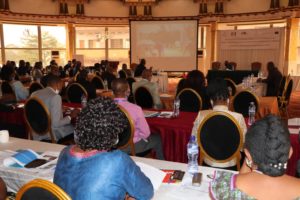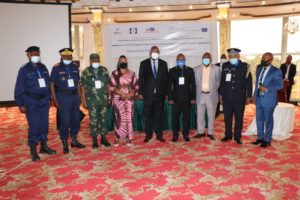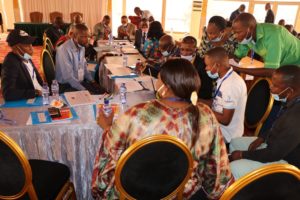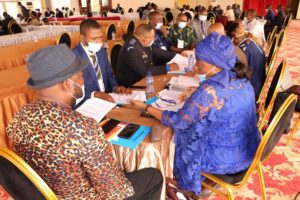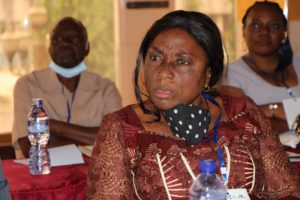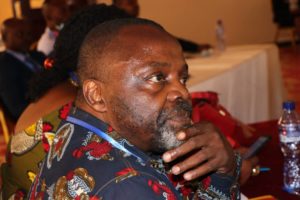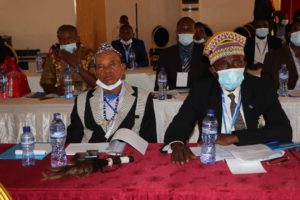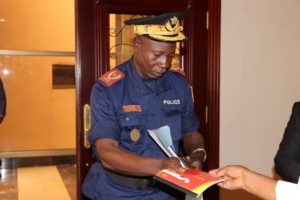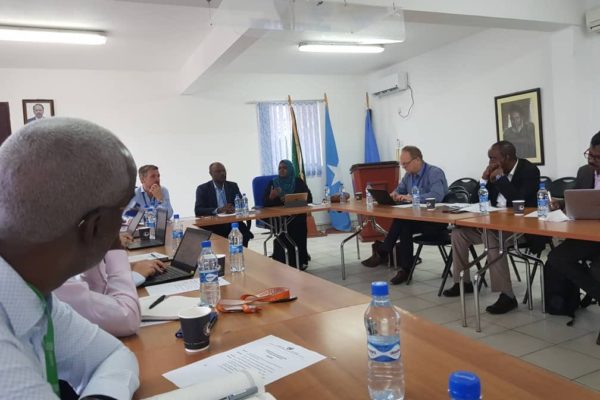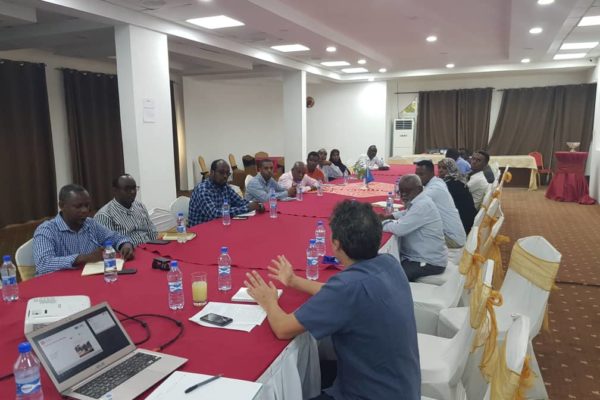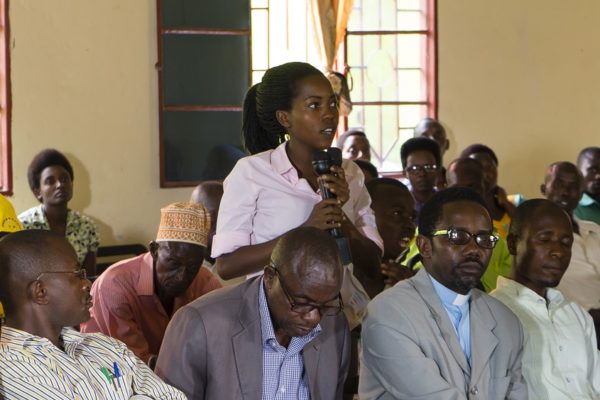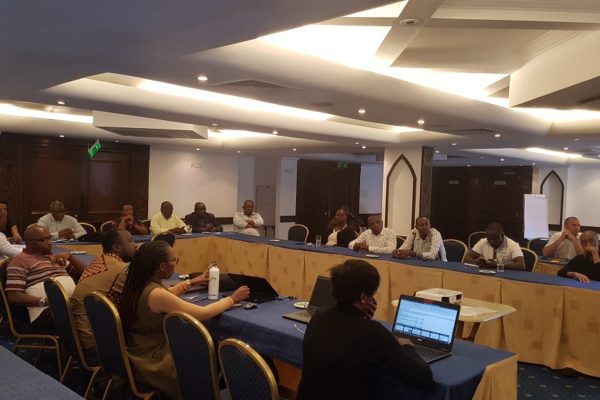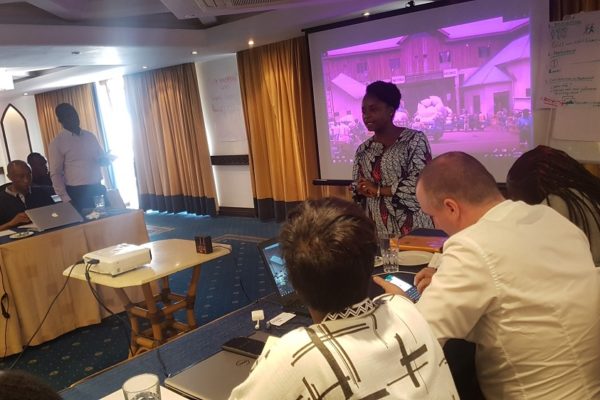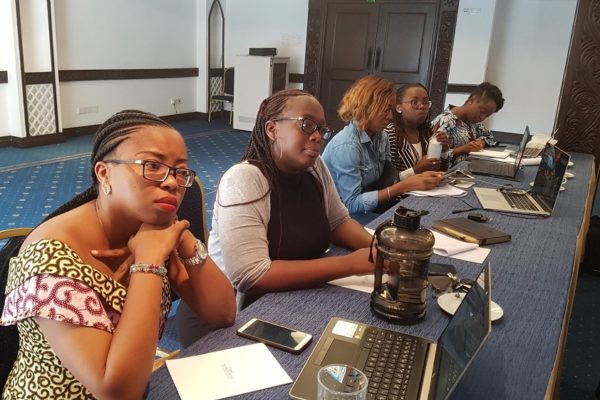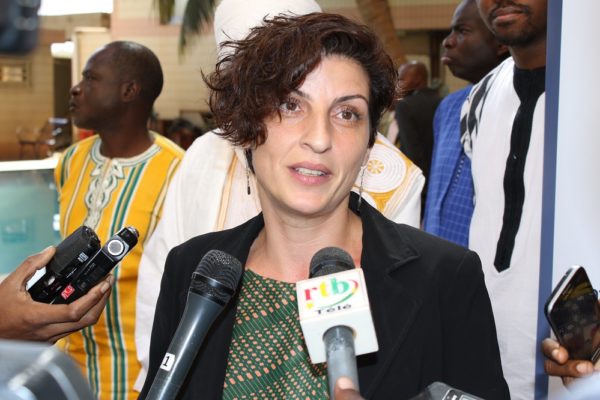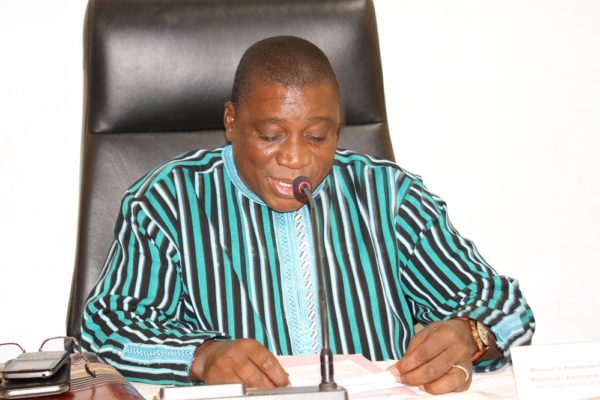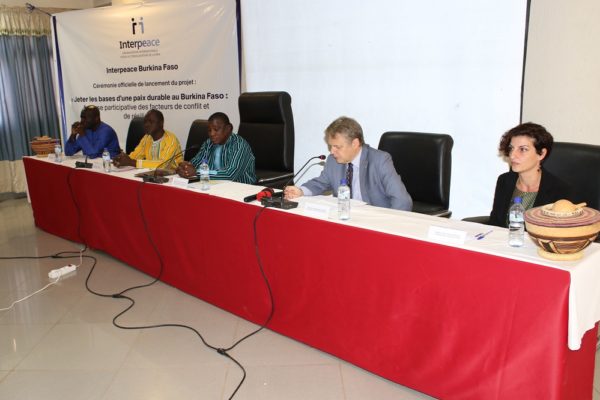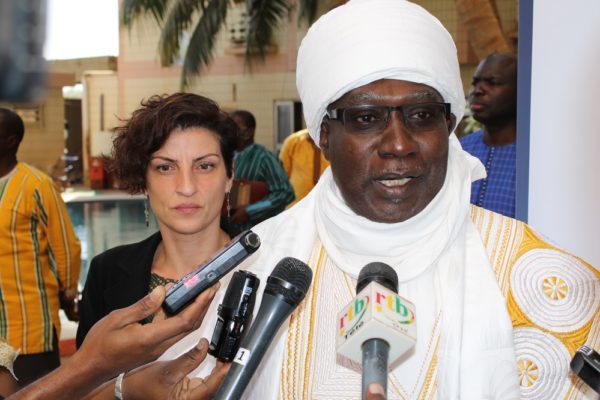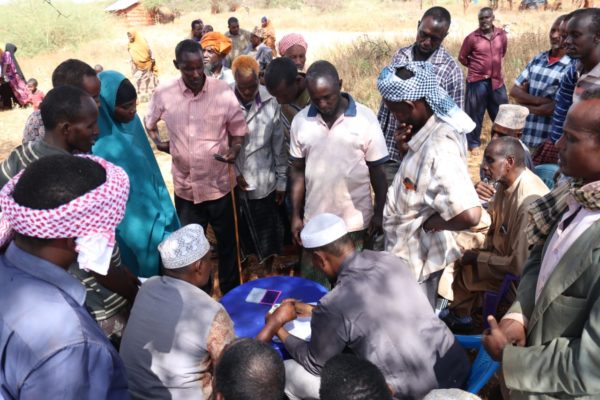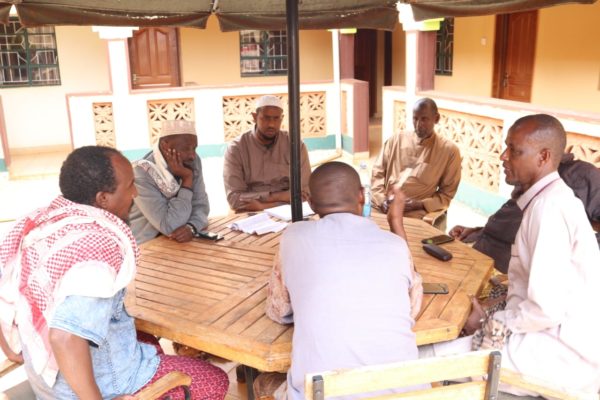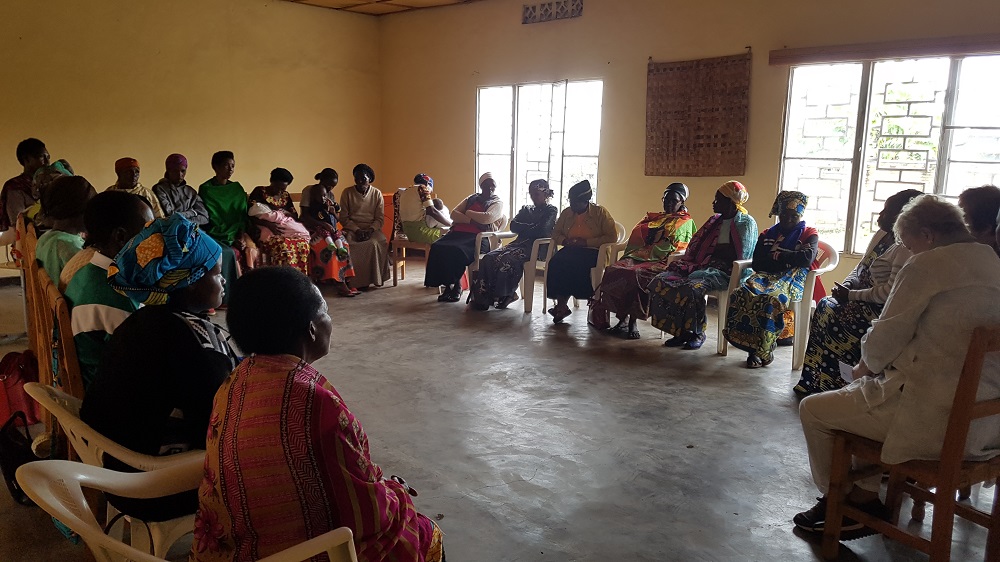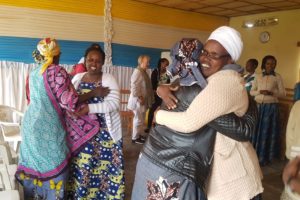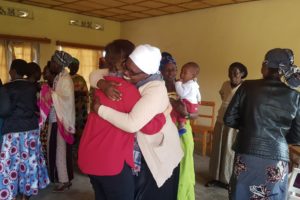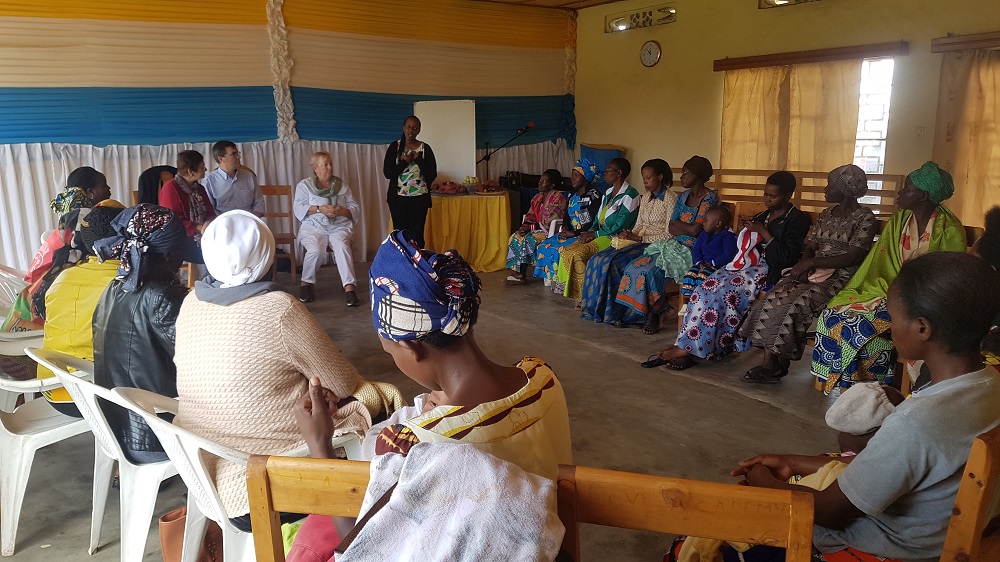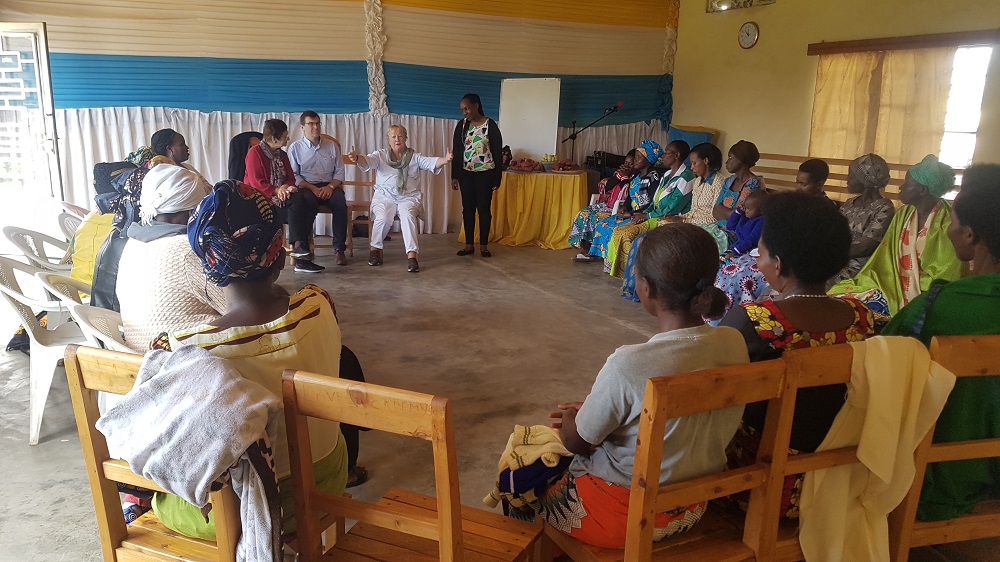DR Congo: Fostering peace and reconciliation in Kasaï and Kasaï-Central
Interpeace hosted a national forum with partners in Kinshasa on 25 and 26 August, to discuss findings and recommendations of a participatory action research conducted in Kasaï and Kasaï-Central in the Democratic Republic of Congo.
The Kasaï region was relatively calm, in this country that has struggled with multiple conflicts, until violence broke out in 2016 between local militants and national government forces. The area became the epicenter of an intercommunal conflict that spread to neighbouring provinces. United Nations figures show that 5000 people died in the violent conflict, which lasted over two years, and 1.4 million others were displaced.
“The Kamuina Nsapu [rebellion] has brought us suffering. Some women have lost their farms. They don’t know where to cultivate because they have been displaced. For example, someone who leaves Kamonia and finds herself in Tshikapa struggles to integrate,” explained Anne Marie Bilambango, a Member of National Parliament at the forum.
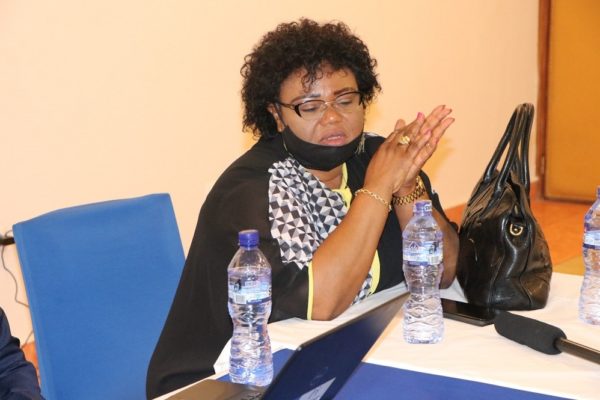
Anne Marie Bilambango, Member of National Parliament during the Forum. Photo credit: Interpeace
Ethnic tensions have since simmered as people struggle to recover from the violence. Recognizing that intercommunal tensions may resurface, Interpeace and its partners in DR Congo began working with all stakeholders to restore trust among communities in the Kasaï region. An important part of our work is to reconcile these communities with national authorities and directly contribute to sustainable peace.
The two-day forum on peace and reconciliation held in Kinshasa on 25 and 26 August, was organized by Interpeace and its partners in the country, Action pour la Paix et la Concord (APC), Travail et Droit de l’Homme (TDH) and Commission Diocésaine Justice et Paix (CDJP). The forum was part of a dialogue, mediation and reconciliation initiative supported by the European Union.
Participants discussed and debated the challenges, priorities, and opportunities for peace in the provinces of Kasaï and Kasaï-Central.
- Group discussion during Forum.
“I am happy that there are efforts to build and sustain peace in Kasaï and Kasaï-Central today. I encourage this peace initiative that seeks to erase all traces of violence disrupting peaceful coexistence among our communities,” said Gilbert Kankonde Malamba, DR Congo’s Deputy Prime Minister, in charge of the Interior, Security and Customary Affairs.
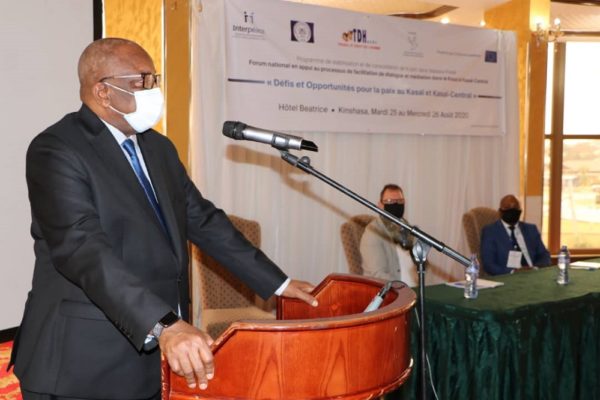
Gilbert Kankonde Malamba, Deputy Prime Minister, in charge of the Interior, Security and Customary Affairs, DR Congo makes opening speech at the forum. Photo credit: Interpeace
“We hope that peaceful coexistence can be a priority in your recommendations, and bring calm in Mweka and Demba,” continued Minister Kankonde in his opening speech at the forum.
The Kinshasa forum created an inclusive platform for participants to share ideas, experiences and innovative approaches on the results of the research conducted by Interpeace, APC, TDH and CDJP for peace, reconciliation and social cohesion in the provinces of Kasaï and Kasaï-Central.
The forum was attended by national and local officials, religious, civil society, youth, women, and community leaders, as well as representatives of the international community, academics, security forces and other peace actors.
“This meeting was an opportunity for dialogue on the challenges that drove the two provinces [Kasaï and Kasaï-Central] into the last crisis, and the opportunities available to build a better future. It was also an opportunity to rebuild trust and collaboration around the commitments made by the different segments of the population of these two provinces,” concluded Pacifique Borauzima Buluhukiro, Interpeace Country Representative in DR Congo.
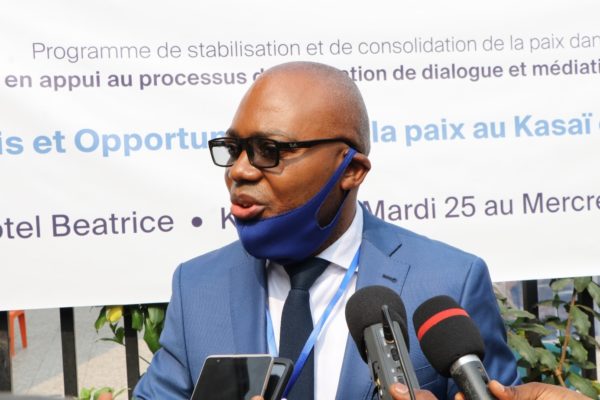
Pacifique Borauzima Buluhukiro - Interpeace Country Representative, DR Congo talking to the media at the end of the Forum. Photo credit: Interpeace
In the coming weeks, Interpeace and its partners will continue to engage national and provincial stakeholders in the implementation of the key recommendations seeking to continue supporting efforts towards social cohesion and lasting peace.
